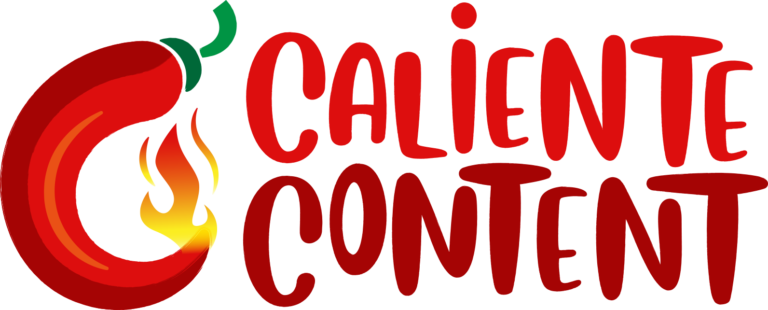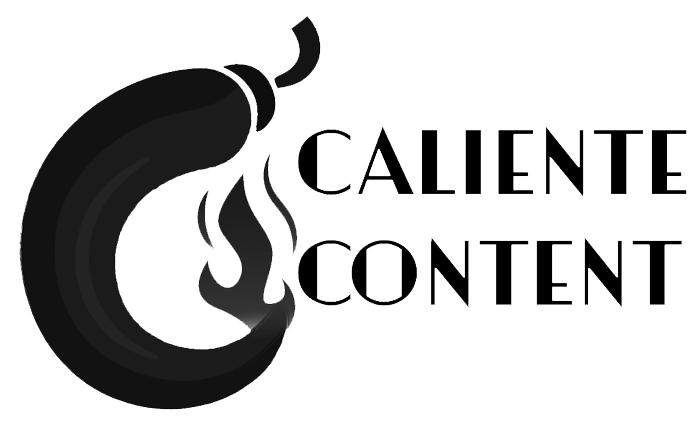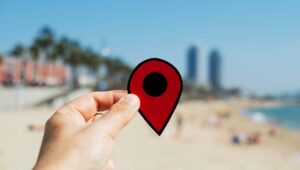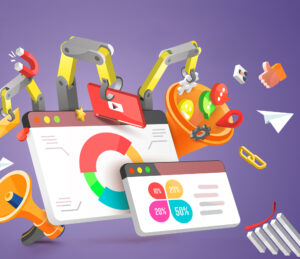By Max Milano (Tech Writer)
As a digital marketer, I’ve had countless conversations with brand managers and business owners facing the same dilemma: Should I invest in SEO for long-term organic growth, or go all-in on PPC for immediate visibility?
There’s no universal answer. The right approach depends on your market, budget, and goals. I’ve helped startups and established brands navigate this question, but the truth is that the most successful businesses and brands don’t choose between SEO and PPC—they leverage both at different stages of their growth.
Let’s break it down. I’ll walk you through how SEO and PPC work, their pros and cons, and some battle-tested strategies I’ve used to turn traffic into revenue.

SEO: The Long Game for Sustainable Growth
SEO (Search Engine Optimization) is all about ranking your website organically in search engines like Google and Bing. It’s a long-term investment that builds brand authority, trust, and sustainable traffic.
How SEO Works: The Three Pillars
After years of running successful campaigns, I’ve found that SEO success always comes down to focusing on its three core elements:
Technical SEO: Making sure your website loads fast, is mobile-friendly, and has structured data for search engines. Google’s algorithm prioritizes user experience, so site speed and mobile optimization are non-negotiable.
Keyword & Content Strategy: Creating high-value content that answers search queries your customers are actively looking for. I don’t just chase keywords—I target high-intent searches that bring in the right traffic.
Backlink Outreach: Earning high-quality backlinks from reputable sites. These backlinks signal authority to Google and help your site climb the rankings. You do this by creating partnerships with brands that complement your services, PR, events, and any organic business relationship where it makes sense to have links back to your website, including guest blogs.
The Pros of SEO

Cost-Effective in the Long Run: Once you rank, organic traffic is free. No ad spend required.
Builds Trust & Credibility: People trust organic search results more than paid ads. Studies show 94% of Google clicks go to organic listings.
Long-Term Growth: Unlike PPC, SEO keeps bringing in leads even when you pause efforts.
Better Click-Through Rates (CTR): Organic results tend to outperform ads in terms of clicks.
The Cons of SEO
Takes Time: SEO is a marathon, not a sprint. It can take months to see results.
Algorithm Changes: Google updates can impact rankings overnight. If you rely on black-hat SEO tricks, you’ll pay the price.
Ongoing Effort Required: SEO isn’t set-and-forget. It needs consistent content creation, optimization, and link-building.
When Should You Prioritize SEO?
I always recommend focusing on SEO if:
-You have a limited budget but want sustainable traffic growth.
-You’re in a competitive industry where authority and trust matter.
-You can commit to regular content marketing and backlink building.
Case Study: A SaaS startup I worked with struggled to generate leads. We revamped their SEO strategy, focusing on high-intent keywords and technical improvements. Within a year, organic traffic skyrocketed 300%, and they ranked in the top 3 for key industry terms—slashing their dependence on paid ads.
PPC: The Fast Track to Immediate Results
PPC (Pay-Per-Click) advertising puts your brand at the top of search results instantly. Platforms like Google Ads, Meta Ads (Facebook & Instagram), and LinkedIn Ads let you target the exact audience you want—based on demographics, search behavior, and interests.
The Pros of PPC

Instant Traffic: Unlike SEO, PPC can start delivering leads in hours.
Precision Targeting: You can target users by intent, location, interests, and behavior.
AI-Driven Optimization: Google Ads and Meta Ads now use AI to dynamically adjust ad copy, images, and bids for maximum ROI.
Scalable & Adjustable: PPC allows real-time budget control. You can increase spend on high-performing campaigns and cut poor performers on the fly.
Great for Promotions & Seasonal Campaigns: If you’re running a product launch or limited-time offer, PPC is the way to go.
The Cons of PPC
Expensive: CPC (cost per click) can be very high, especially in competitive industries.
Traffic Stops When You Stop Paying: Unlike SEO, PPC is strictly pay-to-play.
Requires Daily Optimization: PPC isn’t set-and-forget. If you don’t monitor, adjust, and refine campaigns, you’ll waste budget.
When Should You Prioritize PPC?
PPC is ideal if:
-You need immediate traffic and conversions (e.g., launching a product).
-You’re in an industry with high customer lifetime value (e.g., real estate, SaaS, legal).
-Your SEO efforts are still gaining traction and you need a traffic boost.
Case Study: I helped a high-end travel company break into the U.S. market using a highly targeted Google Ads campaign with conversion-optimized landing pages. In just three months, leads increased 220%, and they achieved a 7X return on ad spend (ROAS).
SEO vs. PPC: The Verdict?
Here’s the truth: SEO and PPC aren’t competitors—they’re partners. The smartest brands use both strategically.
Short-Term Wins: Use PPC for fast traffic, lead generation, and conversion testing.
Long-Term Growth: Invest in SEO to reduce reliance on paid ads and build lasting authority.
Data-Driven Strategy: Use PPC data to identify high-converting keywords and inform your SEO strategy.
Example: I’ve worked with startups that used PPC first to drive early traction while simultaneously building out an SEO strategy. Once SEO started ranking, they dialed down PPC spend—funneling those savings into content and brand-building.
Finding the Right Mix for Your Brand
I get it—every business is different. Some brands need fast results and can justify PPC’s high costs. Others are in it for the long game and need SEO to establish authority.
But the best strategy? A hybrid approach that balances short-term PPC gains with long-term SEO dominance.
Need help finding the right mix? Let’s talk. At Caliente Content, I help brands like yours turn traffic into revenue—whether through SEO, PPC, or a data-driven combination of both.
Book a strategy session today. Let’s build a marketing engine that works for your brand.





